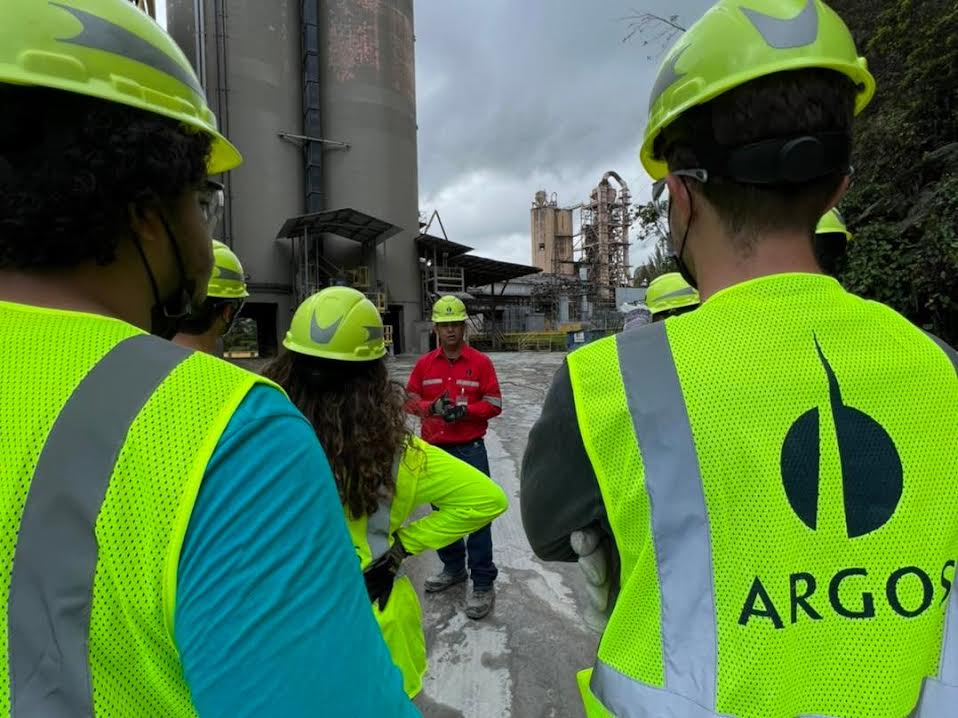
From The Star Staff
On Wednesday, the U.S. Environmental Protection Agency (EPA) revealed that Argos Puerto Rico Corp., which operates a Portland cement plant located in Dorado, has come to a resolution concerning violations of the Clean Air Act. The agreement includes a penalty of $111,000 and an investment of over $200,000 in additional environmental projects (SEPs) aimed at implementing solar energy solutions at a nearby educational and childcare center.
At the time of publication, the company had not yet provided a comment.
According to the settlement terms, Argos will set up two solar rooftop installations and two battery backup systems at both the Casa de Niños Manuel Fernández Juncos in San Juan and Elisa Dávila Vázquez Elementary School in Vega Alta. These SEP initiatives are voluntary and yield ecological benefits for the local community.
“This settlement not only guarantees compliance with air pollution regulations at this facility but also brings considerable advantages to schoolchildren and the community through the addition of solar power systems,” stated EPA Regional Administrator Lisa F. Garcia. “Such projects are especially beneficial in Puerto Rico, where energy reliability is a concern. The integration of solar energy along with battery storage and microgrids offers support during grid failures, ensuring uninterrupted education and acting as emergency shelters amid disasters.”
The EPA conducted an investigation at Argos’ facility that included inspections, data requests, and record analyses. This investigation uncovered that Argos had breached several aspects of the Clean Air Act Maximum Achievable Control Technology (MACT) standards applicable to cement manufacturers. Specifically, Argos did not comply with the standards for emissions of dioxins and furans for 130 days, failed in total hydrocarbon testing for one day, and did not meet mercury emissions monitoring requirements for 19 days. Furthermore, Argos fell short in adhering to reporting obligations on 12 occasions.
MACT standards are regulations established by the EPA aimed at restricting the release of harmful air pollutants from industrial facilities. These standards are designed to require that all plants employ the top-tier pollution control techniques. Noncompliance with MACT standards indicates that a facility has not fulfilled these rigorous pollution control stipulations. Such violations could involve inadequate management of emissions from hazardous materials such as dioxins, furans, hydrocarbons, or mercury, or failing to follow proper testing and reporting protocols. These infringements could escalate pollution levels, potentially impacting environmental integrity and public health.
Portland cement is an essential component of concrete and plays a vital role in infrastructure and construction globally. Its production significantly contributes to industrial emissions.
SEPs, while not mandated by law, represent environmentally advantageous projects or activities that the responding party agrees to undertake in conjunction with the settlement of an enforcement action, yielding considerable benefits for the community. The projects outlined in the Argos settlement not only address the community’s immediate needs but also promote sustainable environmental practices and educational prospects for the children affiliated with the cited institutions.
